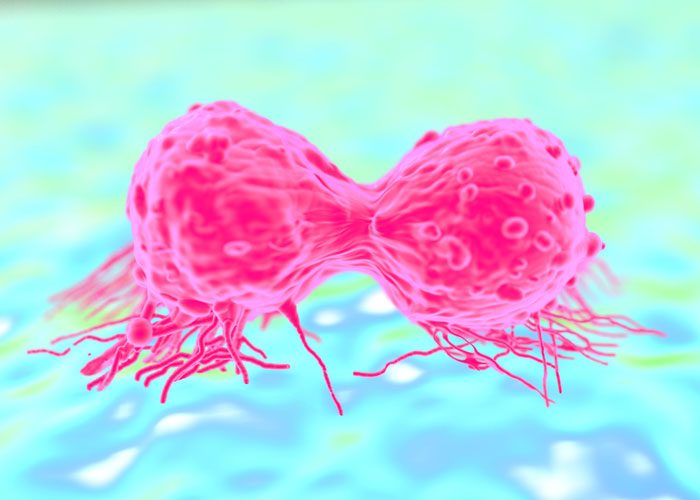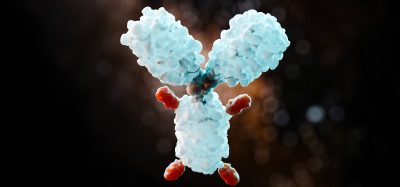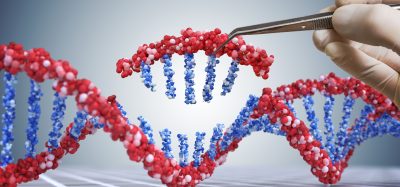Therapeutic target discovered for ER+ breast cancer
Posted: 17 November 2017 | Dr Zara Kassam (Drug Target Review) | No comments yet
Researchers have identified a protein that can be targeted to suppress the growth of a common type of breast cancer…


Researchers have identified a protein that can be targeted to suppress the growth of a common type of breast cancer known as “estrogen receptor positive” (ER+), including ER+ cancers that are resistant to standard treatments.
The protein, tyrosine kinase 6 (PTK6), is an enzyme molecule that is highly expressed in multiple tumour types, including prostate, ovarian, and breast cancers. It can promote cancer cell survival and growth of ER+ breast cancer cells.
“Never before has PTK6 inhibition been shown to inhibit growth and induce cell death of ER+ breast cancer cells, including those resistant to standard treatments for this subtype such as tamoxifen,” said Dr Hanna Irie, Assistant Professor of Medicine (Hematology and Medical Oncology) and Oncological Sciences at The Tisch Cancer Institute, Icahn School of Medicine at Mount Sinai, and senior author of the study. “We are excited and gratified by these remarkable results, which could lead to a new way to treat these drug-resistant metastases of ER+ breast cancers and/or prevent their metastases in the first place.”
According to Dr Irie, the research is especially important because it supports the potential therapeutic value of targeting PTK6 in ER+ breast cancers, which constitute the most common subtype of breast cancer. Approximately 65 percent of all breast cancers express the estrogen receptor (ER +) and/or the progesterone receptor (PR+). One in eight women in the United States has a chance of being diagnosed with breast cancer and an estimated 250,000 new cases of invasive breast cancer are expected to be diagnosed in 2017.
Standard treatments for ER+ breast cancer are endocrine therapies such as tamoxifen and aromatase inhibitors. “Endocrine therapies are still the most effective medical therapy for this subtype of breast cancer, and the end goal is to inhibit growth and/or kill ER+ breast cancer cells,” said Dr Irie. “However, some breast cancer patients still develop metastatic ER+ disease despite these common endocrine therapies, so newer treatments are very important and necessary to kill endocrine therapy-resistant cancers.”
“This is a truly exciting discovery for the field of breast cancer,” said Dr Ramon Parsons, Director of The Tisch Cancer Institute. “This breakthrough could lead to more effective therapies for women with this very common subtype of breast cancer and be the therapeutic target that the drug companies have been waiting for.”
The study has been published in NPJ Breast Cancer.
Related topics
Enzymes, Oncology, Therapeutics
Related conditions
Breast cancer
Related organisations
Icahn School of Medicine at Mount Sina, The Tisch Cancer Institute
Related people
Dr Hanna Irie, Dr Ramon Parsons







